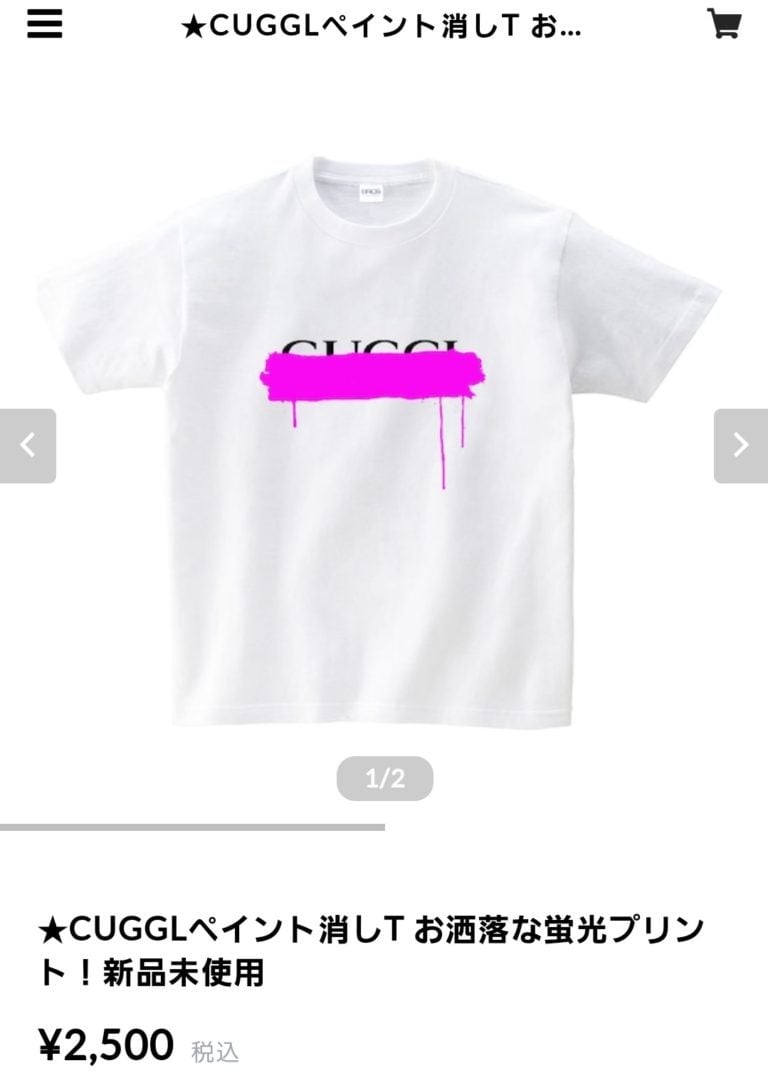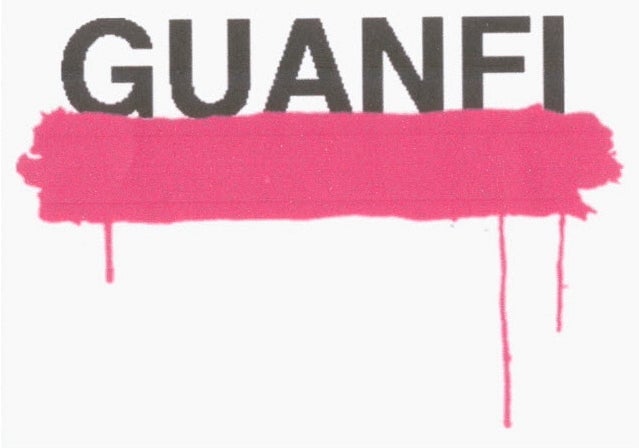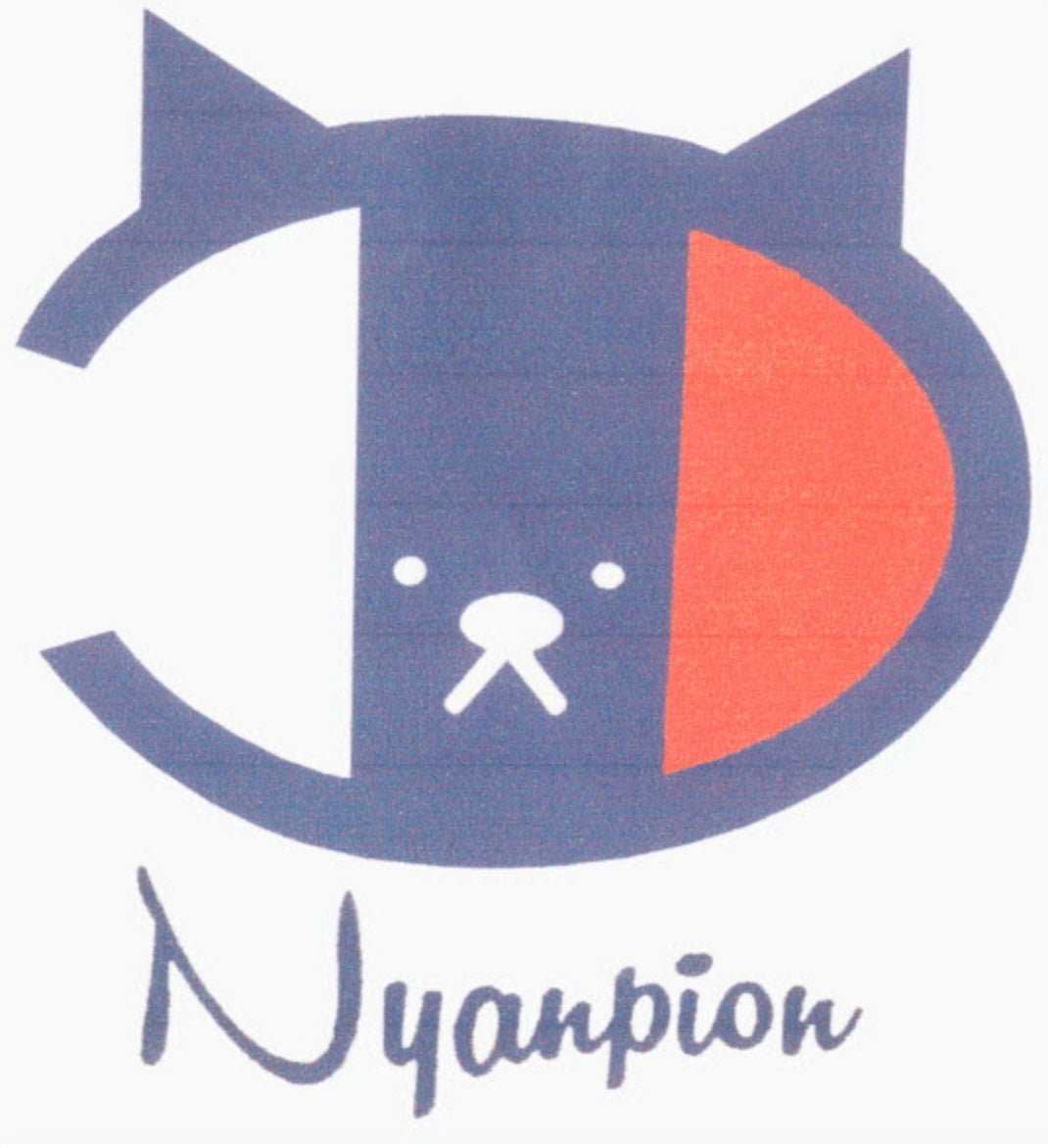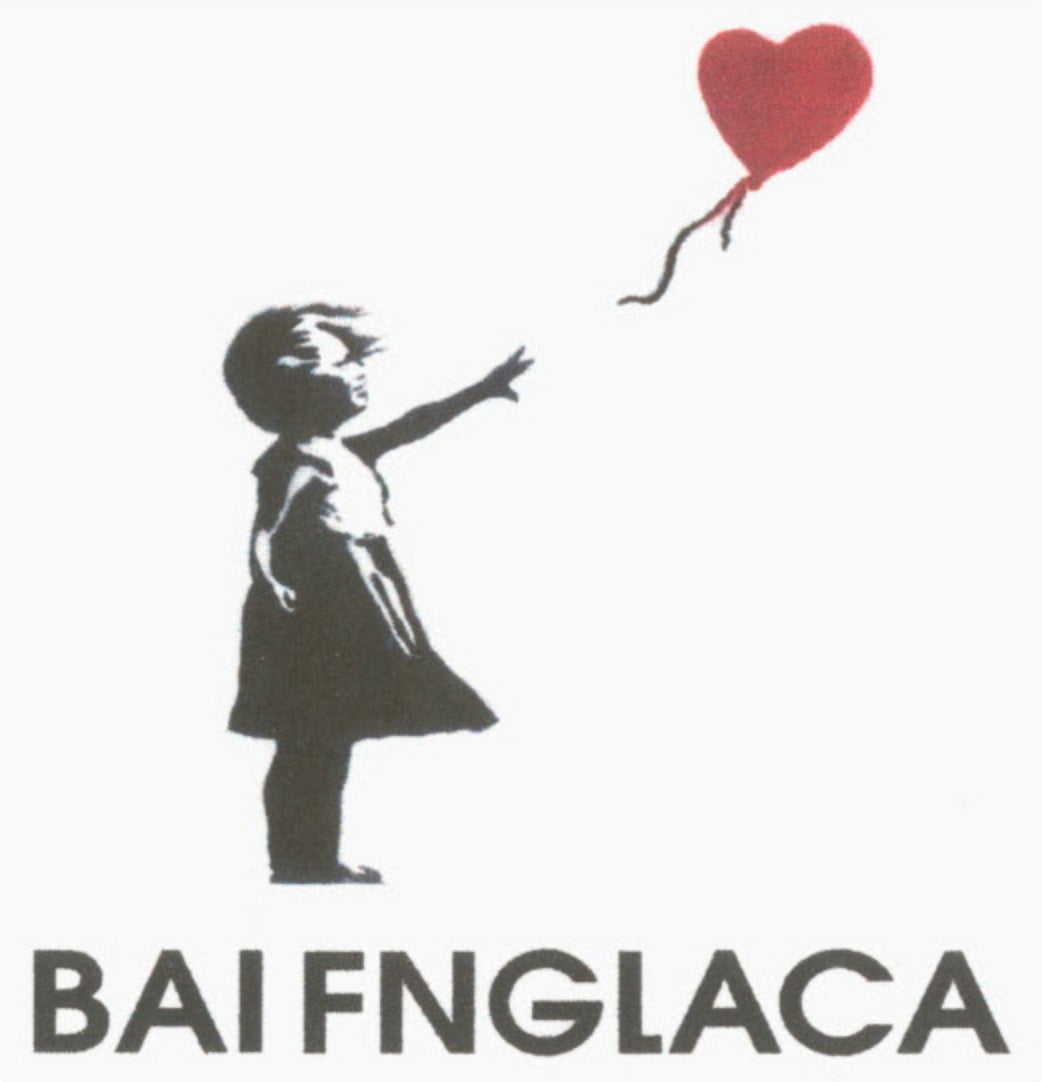GUCCI lost a trademark battle with CUGGL in Japan
The ruling is a surprising win for intellectual-property progressives who argue that companies wield too much control over harmless parodies of their brand.

Last year, Nobuaki Kurokawa was granted a trademark in Japan for the seemingly innocuous brand name CUGGL, to use on apparel. But when the mark made its fashion debut, only half of it was visible:

Italian fashion house Gucci, which usually renders itself in an all caps serif font not unlike Kurokawa’s t-shirts and is famously protective of its brand, tried to get the trademark canceled. Gucci argued customers would be confused by the half-obscured CUGGL shirts, devaluing its own trademark and brand.
But the Japan Patent Office (JPO) concluded that GUCCI and CUGGL were sufficiently distinct, according to a summary by a law firm not involved in the case. It dismissed Gucci’s trademark claim last month.
Gucci, which didn’t respond to a request for comment, is expected to appeal the decision. Kurokawa could not be reached for comment, but he appears to just be getting started, according to a review of his filings with the JPO.
Here’s a selection of his other successful trademark applications—try to guess the famous brand being referenced:



And here are a few trademark applications by Kurokawa that are still pending with the JPO, in case corporate IP lawyers want to get a head start:



The ruling against Gucci in Japan is a surprising win for intellectual-property progressives who argue that companies have distorted the law to block harmless parodies and other remixes of their brands. “Among the world’s five biggest patent offices (including the US, Korea, China, and Europe), [Japan] runs the fastest examinations,” Leo Lewis wrote in the Financial Times. “It has done this, in part, by accepting that, sometimes, the public is not confused by parody.”
Were you confused by any of these parodies? The brands influencing Kurokawa’s trademarks and trademark applications in this story are (top to bottom) Gucci, Chanel, Adidas, Patagonia, Champion, Puma, and Balenciaga.
